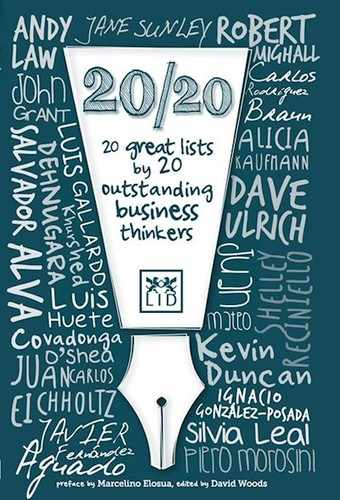5.
THE PSYCHOTHERAPIST – THE WAY OF UNKNOWING
“Discard your memory; discard the future tense of our desire; forget them both, both what you knew and what you want, to leave space for a new idea.”
There is a rich tradition in Western theology and philosophy that speaks of Not Knowing as “the way of unknowing.” This concept features prominently in the dialogue between psychotherapy and spirituality. For Dr Peter Tyler, reader in pastoral theology and spirituality and senior lecturer in theology at St Mary’s University, Twickenham, London, this concept directly influences his pastoral work as an integrative psychotherapist.
Peter quotes Austrian philosopher Ludwig Wittgenstein who said that our language is always referring to that which is beyond language but cannot grasp. “Language and discourse, suggests Wittgenstein, is a choreography between what is said and what is not said, or rather, what is said and what is shown. Our intellects can grasp only one half of the equation. For full reality to be present both the known and the unknown – the said and the shown – must be present.”
Nowhere is this better illustrated for Peter than in his work as a psychotherapist. Whenever a client comes into the room, he faces a choice: either rely on his learning and training, or trying to enter into a place of unknowing with the client. This approach is in line with Wilfred Bion, the British psychoanalyst, who describes this challenge:
“When we are in the office with a patient we have to dare to rest. It is difficult to see what is at all frightening about that, but it is. It is difficult to remain quiet and let the patient have a chance to say whatever he or she has to say. It is frightening for the patient – and the patient hates it. We are under constant pressure to say something, to admit that we are doctors or psychoanalysts or social workers, to supply some box into which we can be put complete with a label.” 61
Peter heeds Bion’s advice for psychotherapists to discard memory and desire and have the courage and humility to step into a “space of unknowing.” This is a place that requires memories, the need to control, and “all the whirring chatter of the ‘monkey mind’” to be put aside, to be present for others. For Peter this means listening to the present moment and to what that person is bringing to the encounter in the here and now. As he explains, this can sometimes take a surprising turn:
“The surprise can come in an idea, picture or even tune that comes to mind, or physically in a sensation or emotion that arises. Before the session begins I always do a quick self-scan or self-check of where I am emotionally, physically and psychologically. In nine times out of 10, when a new or surprising feeling, thought, physical sensation or emotion occurs during the session, I can be pretty sure it has been influenced by the presence of the other before me. This may take the form of a tightening in the head or shoulders, a sense of anger, fear or lethargy, even a picture or striking memory that has not occurred to me for some time.”
Peter recognizes this as what psychologists call “transference and counter-transference.” By practising the presence of unknowing these sensations, feelings and thoughts can be thrown into greater relief so that the therapist is in a better position to isolate them and work with them in a more conscious way with the client. “I must say that after nearly 20 years of practice, this is one area where experience comes to our aid.”
According to Peter, the path of unknowing is not equivalent to ignorance. In medieval times it was called the way of “stulta sapientia,” literally “learned ignorance” or “foolish wisdom”: we must train in the skills of our profession, whether we are a business manager, doctor, nurse, psychoanalyst or teacher, but we must learn to know when to keep silent – when to let the demands of the ego quieten and the unknown element of showing reveal itself. Peter says that this art of when to speak and when to keep silent makes the difference in our interpersonal encounters. “In a world saturated with information, false ‘knowing’ and the blinkered opinions of ‘specialists’, I would suggest the time for ‘learned ignorance’ has returned... no more so than in the highly stressed and driven worlds of commerce, transaction and business.”
